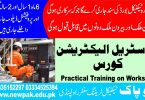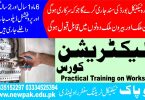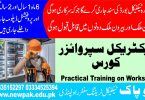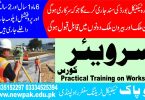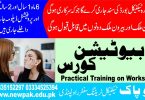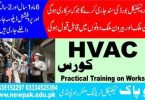
Chef and Cooking Course in Rawalpindi Islamabad
The Chef and Cooking Course is a professional culinary training program designed to equip aspiring chefs with the essential skills to succeed in the food and hospitality industry. From kitchen safety and hygiene to mastering global cuisines, this course covers both foundational and advanced aspects of cooking. Students gain hands-on experience in knife techniques, baking, menu planning, and food presentation. The curriculum is structured to develop creativity, efficiency, and professionalism in the kitchen. Whether you’re aiming for a career in restaurants, catering, or launching your own food business, this chef course in Islamabad provides a strong culinary foundation. Our cooking classes Rawalpindi ensure you gain practical knowledge and skills to thrive in kitchens worldwide.
Course Overview
Start your culinary journey with our Chef and Cooking Course. This comprehensive program combines basic cooking skills, global recipes, advanced techniques, and professional kitchen practices. Whether you’re a beginner or looking to improve your skills, this cooking course will help you build confidence and expertise in the kitchen. You’ll learn everything from food preparation to presentation, setting you up for success in kitchens worldwide. Our cooking classes Islamabad are designed to bring out the culinary artist in you, with hands-on experience that prepares you for a rewarding career in the culinary field.
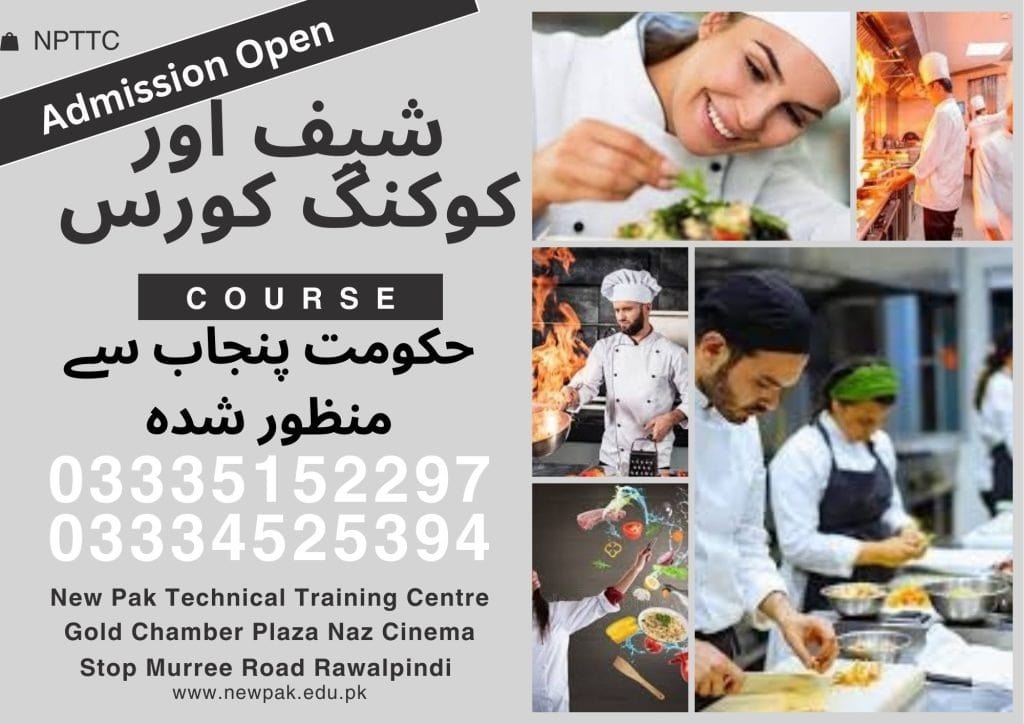
Course Duration
06 | Months
-
Kitchen Safety & Hygiene
-
Knife Skills & Butchering Basics
-
Cooking Methods & Culinary Basics
-
Sauce Preparation (Basic & Advanced)
-
Pakistani Cuisine Mastery
-
International Cuisines (Italian, Chinese, etc.)
-
Baking & Pastry Basics
-
Advanced Knife Cuts & Presentation Skills
-
Menu Planning & Budgeting
-
Kitchen Management & Time Coordination
01 | Year
-
Kitchen Safety & Hygiene
-
Knife Skills & Butchering Basics
-
Cooking Methods & Culinary Basics
-
Sauce Preparation (Basic & Advanced)
-
Pakistani Cuisine Mastery
-
International Cuisines (Italian, Chinese, etc.)
-
Baking & Pastry Basics
-
Advanced Knife Cuts & Presentation Skills
-
Menu Planning & Budgeting
-
Kitchen Management & Time Coordination
-
Culinary Creativity & Food Innovation
-
Business of Culinary Arts & Branding
-
Inventory Systems & Cost Control
-
Internship / Externship in Professional Kitchen
-
Final Project: Themed Menu & Presentation
Course Outline (6 Months)
Foundation Skills
Month 1
- Kitchen Safety & Hygiene
- Fire prevention and extinguisher use
- Foodborne illness prevention
- Personal hygiene and sanitation protocols
- Knife Skills & Butchering Basics
- Proper handling, cutting techniques (chop, dice, julienne, etc.)
- Maintenance and sharpening
- Introduction to butchering basics
Culinary Basics
Month 2
- Cooking methods: sautéing, grilling, baking, boiling
- Mise en place and food preparation essentials
- Stock and basic sauce preparation (béchamel, hollandaise, tomato)
- Kitchen tools and terminology
Global & Local Cuisine
Month 3
- Pakistani Cuisine
- Regional styles: Sindhi, Punjabi, Balochi
- Signature dishes: biryani, kebabs, korma, etc.
- International Cuisines
- Italian: pastas, pizzas
- Chinese: stir-fries, dumplings
- Thai: curries, noodles
- Baking Basics
- Dough handling, pastries, cake decoration
Advance Culinary
Month 4
- Advanced Knife Work
- Chiffonade, brunoise, julienne, fine cuts
- Chiffonade, brunoise, julienne, fine cuts
- Art of Plating & Presentation
- Composition, color, texture
- Garnishing and personal plating style
- Menu Planning & Budgeting
- Creating seasonal menus
- Ingredient cost control
- Meal prep and portion control
Kitchen Management
Month 5
- Hierarchy
- Team coordination
- Time management
- Multi-course meal execution
Final Project
Month 6
- Develop and present a themed menu
- Focus on presentation and food pairing
- Reflective essay on culinary journey
Course Outline (1-Year)
Months 1–6: Foundational Chef and Cooking Course in Rawalpindi Islamabad
(Same course content as the 6-month program but with more detail, role-plays, and hand-on practise.)
Cuisine Mastery
Month 7
- Extended work on Pakistani, Italian, Chinese, and Thai cuisines
- Weekly deep dives into signature dishes
- Butchery: poultry, beef, seafood handling
Baking & Pastry
Month 8
- Artisan bread, layered cakes, tarts
- Use of fondant, piping, and advanced decorating
Culinary Arts
Month 9
- Recipe development and personalization
- Cooking with seasonal ingredients
Food Pairing & Presentation
Month 10
- Beverage and dish harmony
- Advanced plating techniques
Professional Development
Month 11
- Kitchen Management & Leadership
- Staff roles, communication, and time coordination
- Inventory systems and cost control
- Business of Culinary Arts
- Restaurant operations
- Menu engineering, pricing, and branding
- Marketing yourself as a chef
Internship + Final Project
Month 12
- Practical training in a professional kitchen
- Themed multi-course menu presentation
- Artistic plating and food pairing
- Reflective essay and presentation
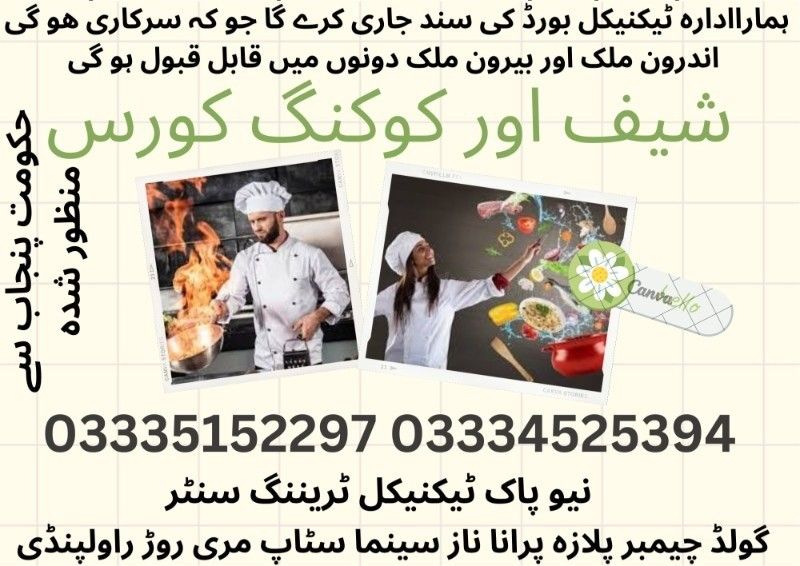
Career Opportunities
- Restaurant Chef
- Catering Specialist
- Pastry Chef
- Food Entrepreneur
- Kitchen Supervisor
- Culinary Instructor
Conclusion
By the end of the Chef and Cooking Course in Rawalpindi Islamabad, students will have gained valuable hands-on experience and a strong understanding of both local and international cuisines. This professional chef course enhances your culinary skills and prepares you for real-world challenges in professional kitchens. Whether you pursue a role in a restaurant catering service or dream of starting your food venture, the training received through our cooking classes and chef course in Rawalpindi, will give you the confidence and expertise needed. It’s the perfect step toward a rewarding career in the culinary and hospitality industry.

